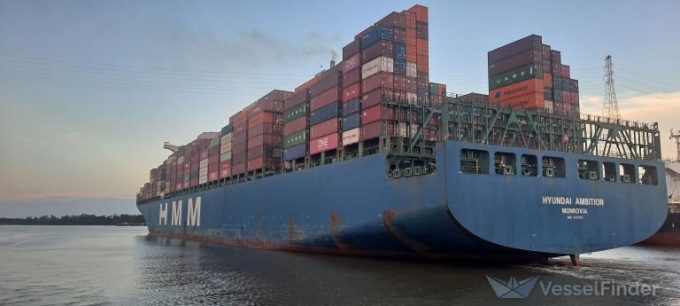Interest in larger tonnage picks up amid flurry of newbuild orders
Tonnage providers and operators have been active in latest containership newbuilding orders this week. South Korea’s ...

Maersk is preparing for an early termination of its 2M partnership with MSC by reinforcing its fleet, most recently fixing two 13,100 teu charters.
The carrier has agreed with non-operating shipowner Danaos to take charge of 2012-built 13,082 teu sister ships Hyundai Ambition and Hyundai Speed ...

Comment on this article